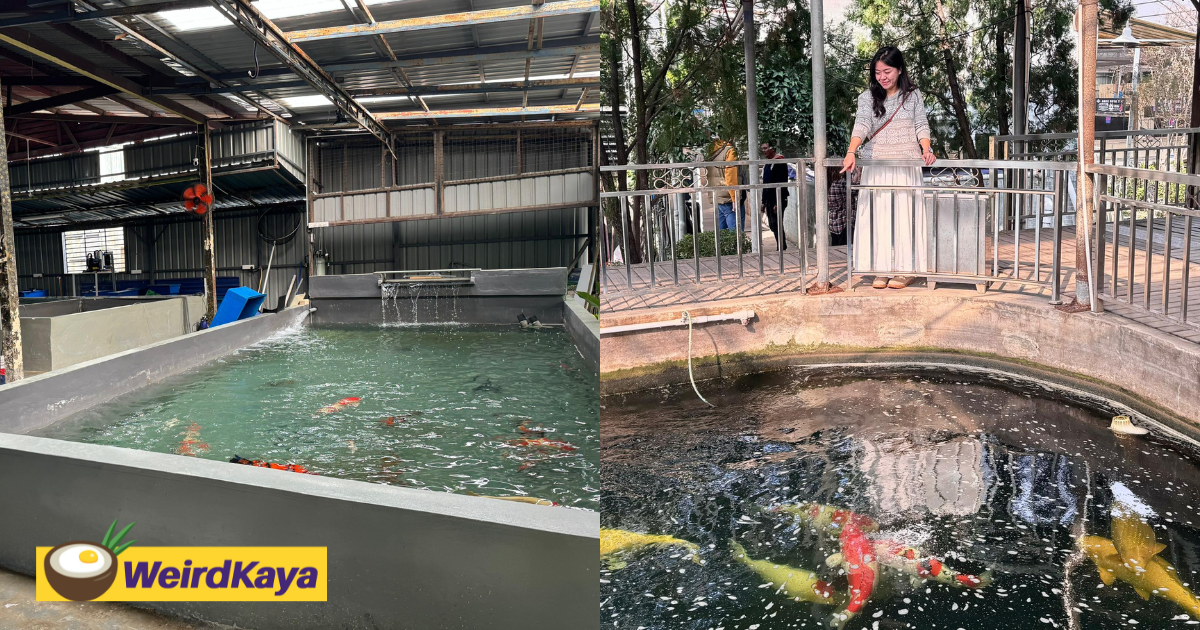Exclusive Story by WeirdKaya- Proper accreditation to WeirdKaya and consent from the interviewee are required.
The koi fish industry in Malaysia is a niche market and is often associated with older, seasoned hobbyists and predominantly male-run businesses.
It’s rare to find young people— even rarer to see women — making a name for themselves in this field.
Sim, a 27-year-old entrepreneur, is challenging these norms with her brother by carving a unique path in an industry that’s as beautiful as it is demanding.
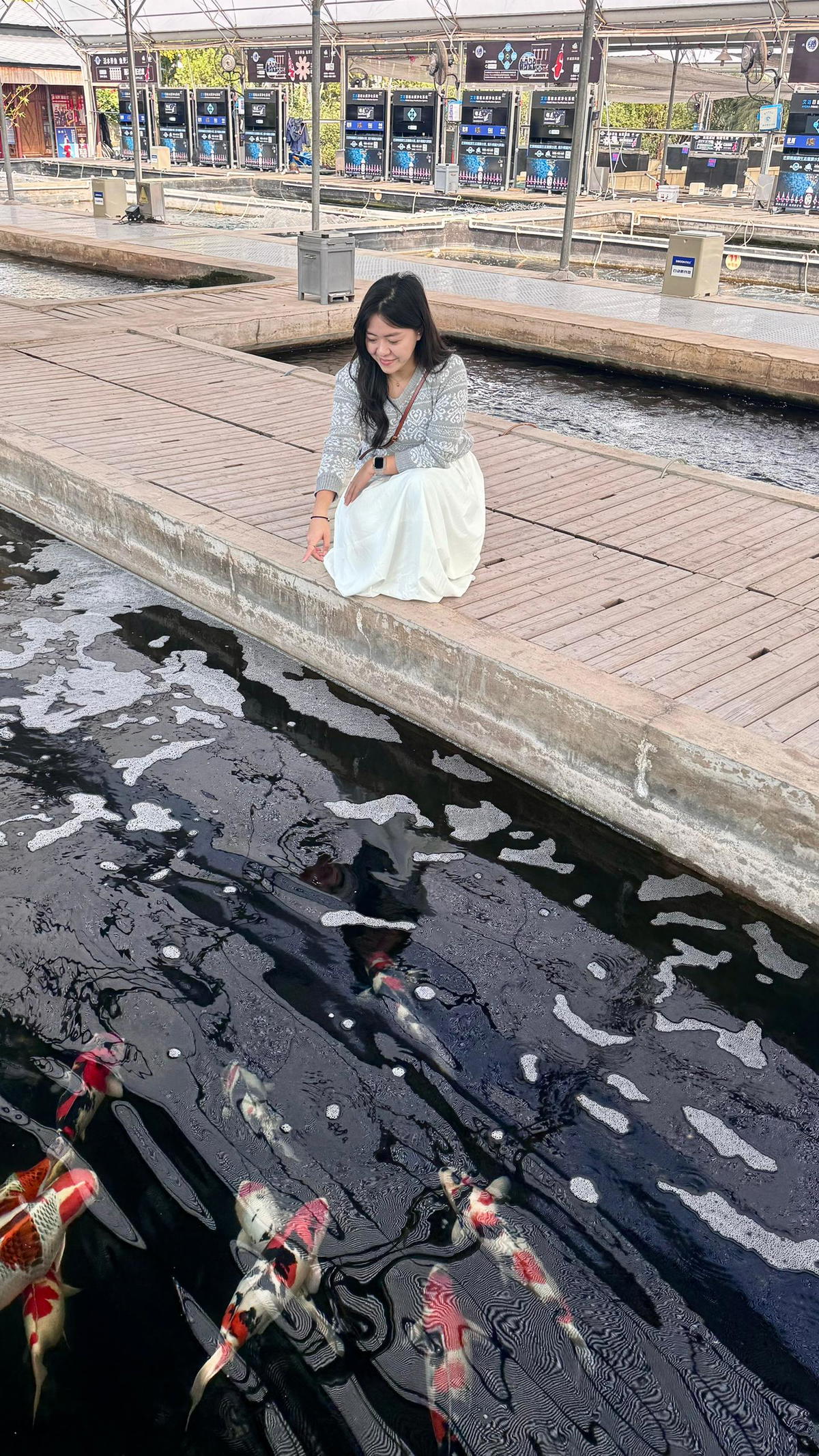
What began as a pandemic side gig has grown into a thriving operation with annual sales of RM2 million and a bold vision for the future. However, the journey was nowhere near kind for her.
A pandemic pivot
In 2020, Sim was in her final semester at university when the Movement Control Order (MCO) hit. Her father, a contractor, lost his job, and the family faced mounting financial challenges.
That’s when a family friend, a koi fish enthusiast, approached them for help in managing a new koi farm he wanted to start.
With time on her hands and no clear post-graduation plans, Sim and her brother decided to take up the offer as part-timers.
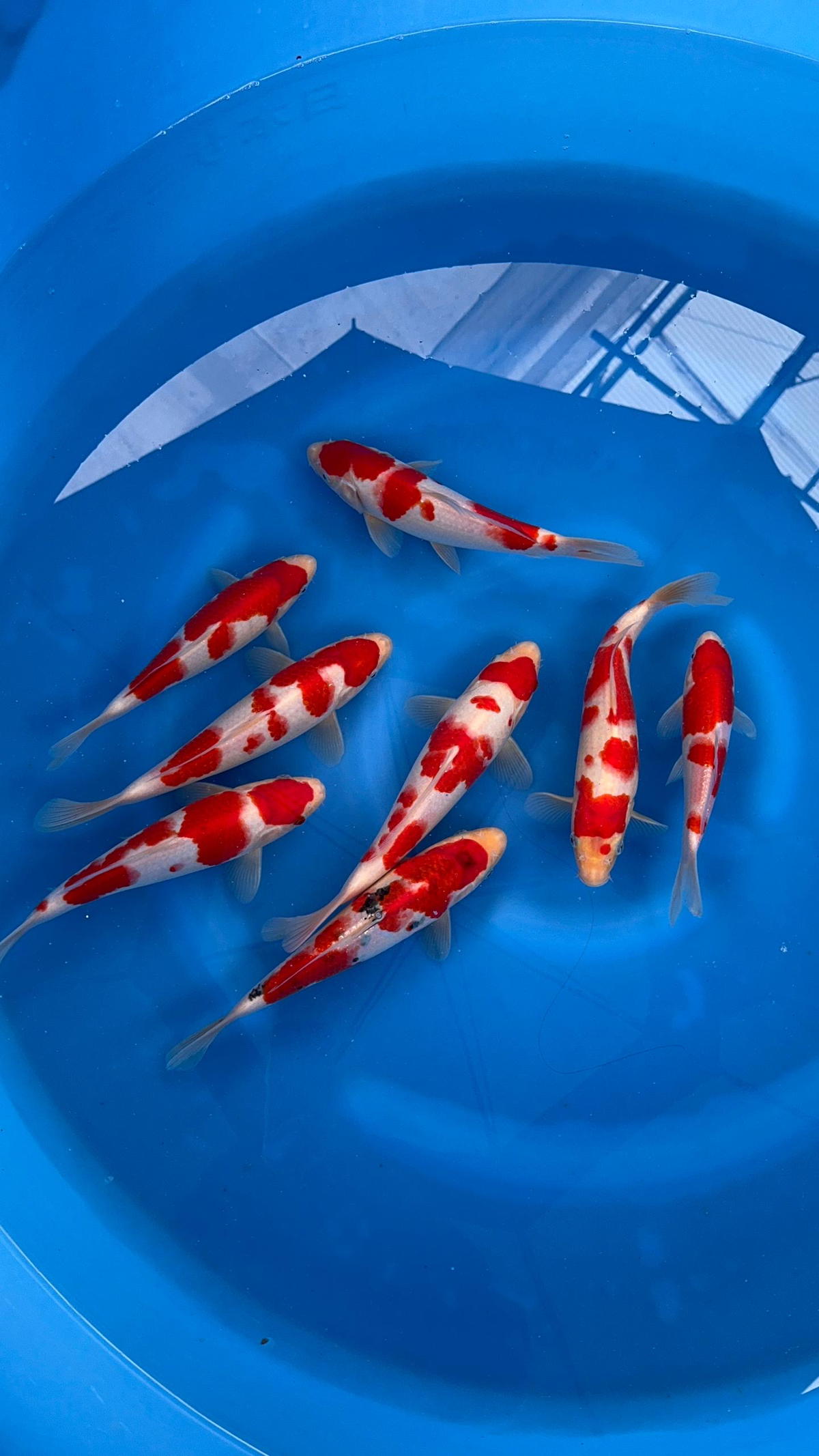
We had to learn everything from scratch,” Sim recalled. “At first, even telling one koi apart from another was impossible. My brother would joke that all the fishes looked the same.”
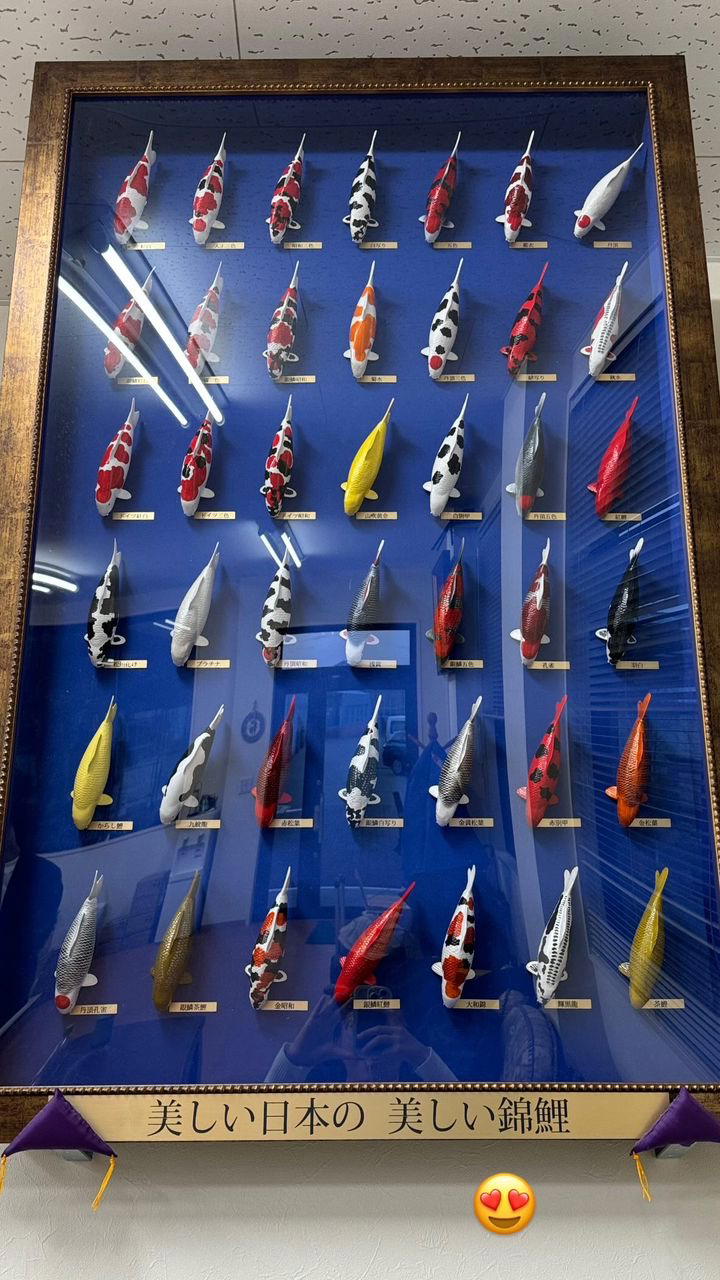
Over time, they honed their skills, memorising over 100 koi varieties by recognising subtle differences based on their birth dates, genders, and bloodlines. But it wasn’t just about the fish — they also had to master the science behind it.
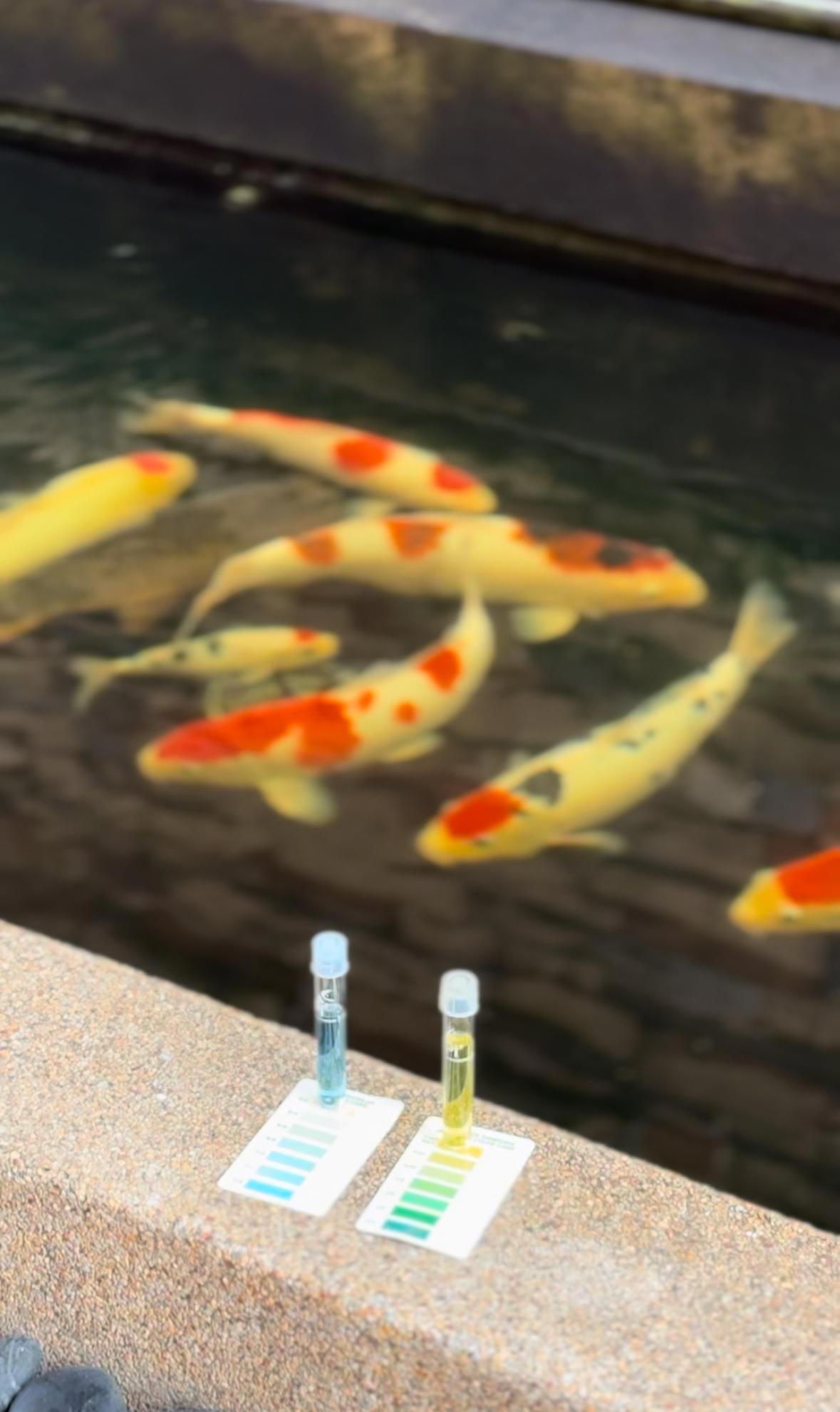
“We had to observe and analyse the pH levels of the water, figure out what to add, decide on the right feed, and supplement the nutrients needed to raise the koi our customers wanted.
At some point, we basically became koi vets,” Sim added with a laugh.
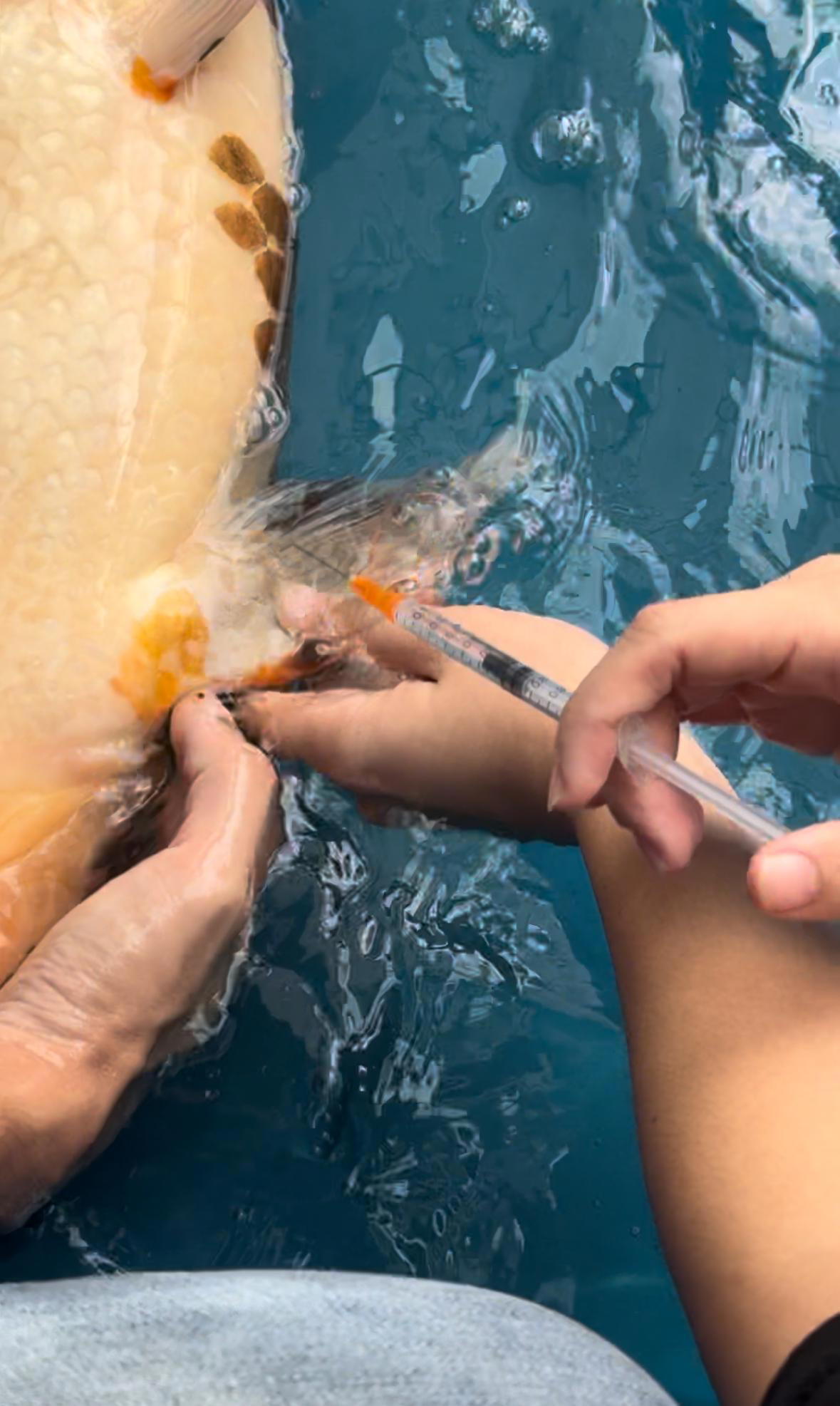
The learning curve was steep, but Sim and her brother quickly adapted. “We were completely clueless and helpless. Most of what we learned came from chatting with customers. And for everything else, we relied on Google.”
Despite the challenges, the siblings persevered, driven by their growing passion for koi farming and their determination to make it work.
It’s hard work, but watching a pond of vibrant, healthy koi is so rewarding — it’s like therapy,” Sim said.
Failed partnership
After one and a half years, Sim and her brother realised their vision was no longer aligned with the farm owners. With heavy hearts, they decided to part ways and start their own koi fish business.
Their first operation was modest, with just a few tanks at home. But they had a unique selling point matching the market’s needs: helping customers with overcrowded ponds rehome their expensive koi fish.
This strategy allowed them to address a niche market while starting off with minimal capital.
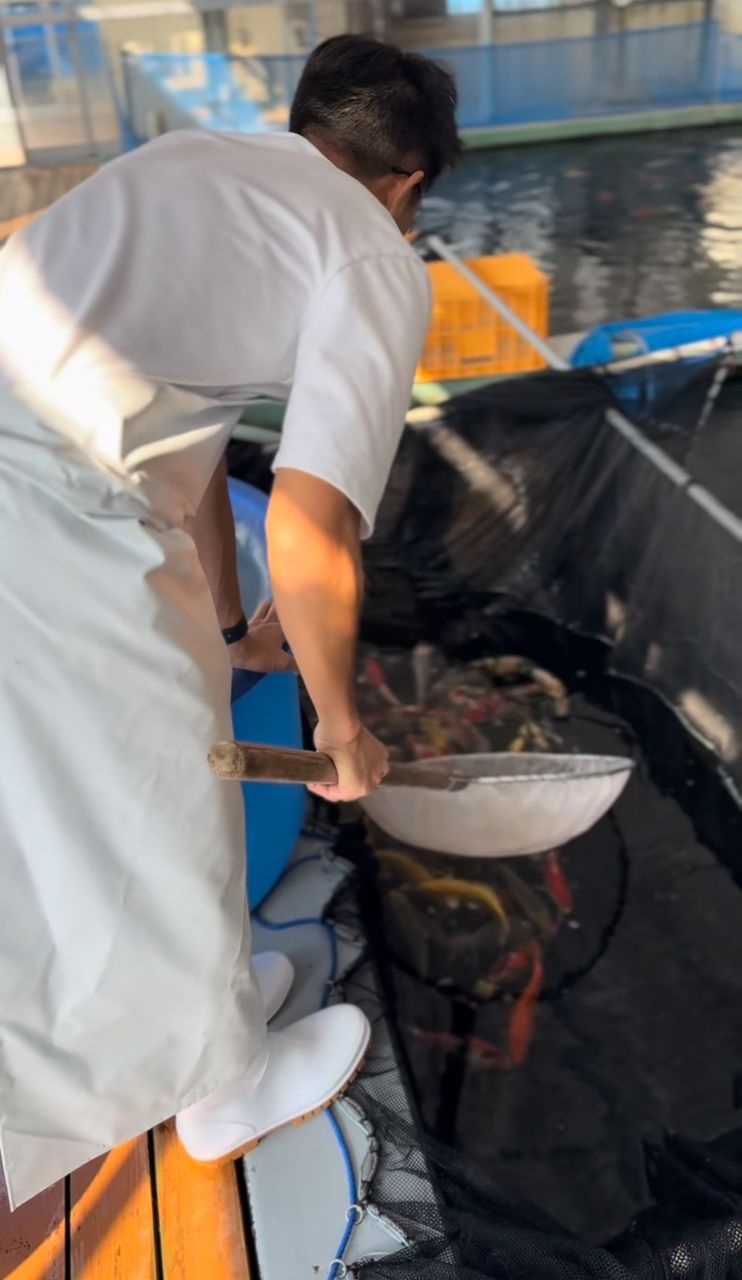
As our customer base grew, so did our ambitions. A customer, who was a koi fish enthusiast, offered to partner alongside us and the opportunity was too promising to pass. Together, we planned to scale the business by pooling our resources and expertise.”
However, the partnership turned into a nightmare as sharp differences in values and mindset, approach to fish care, and financial disputes sparked constant arguments. The business relationship soured and just six months later, the partnership fell apart.
“The fallout was devastating. We lost approximately RM50,000. It was a staggering amount for us at that age. It wasn’t just the money. it was the emotional toll of seeing something we worked so hard for unravelling so quickly,” said Sim.
The experience, though painful, was also a turning point.
We learned some hard truths,” Sim said. “Always have everything in black and white, trust your instincts, choose your partners carefully and never give up control of your vision. That RM50,000 loss was brutal but the lessons we learned at such a young age were priceless.”
Betting it all on passion
During one of their toughest periods, Sim tried working in a full-time job. However, just three months in, she gave up as she knew “it wasn’t her thing and never will be.”
Despite the setbacks, Sim and her brother were determined to rebuild their koi dream.
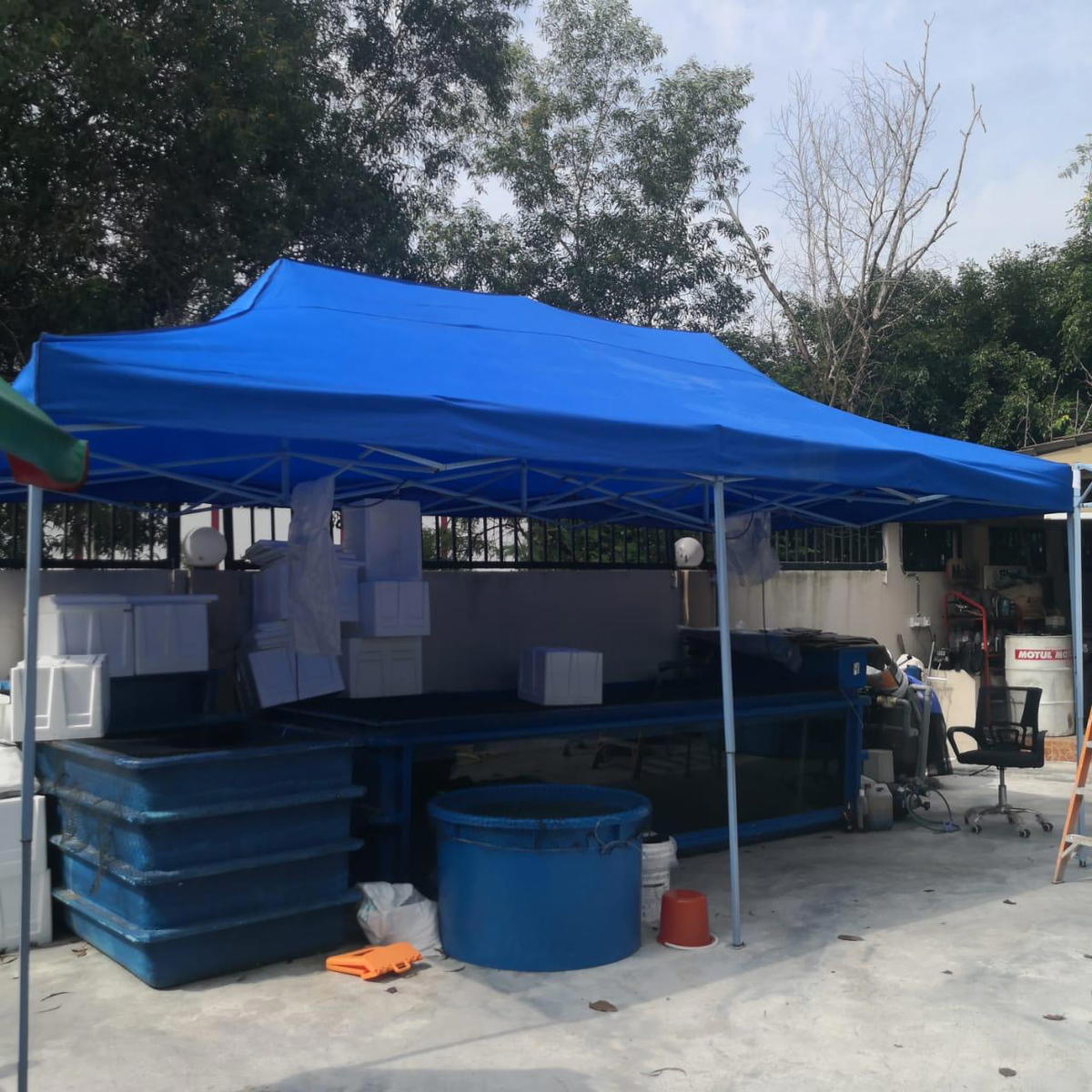
We both thought we had nothing to lose. So we rented a corner-lot house to continue our koi business, relying on their growing customer base and hard-earned expertise.”
This phase brought its own set of challenges. Heavy rainstorms once wiped out an entire pond, resulting in a loss of RM20,000. Their distant warehouse also forced customers to wait as they travelled back and forth for supplies.
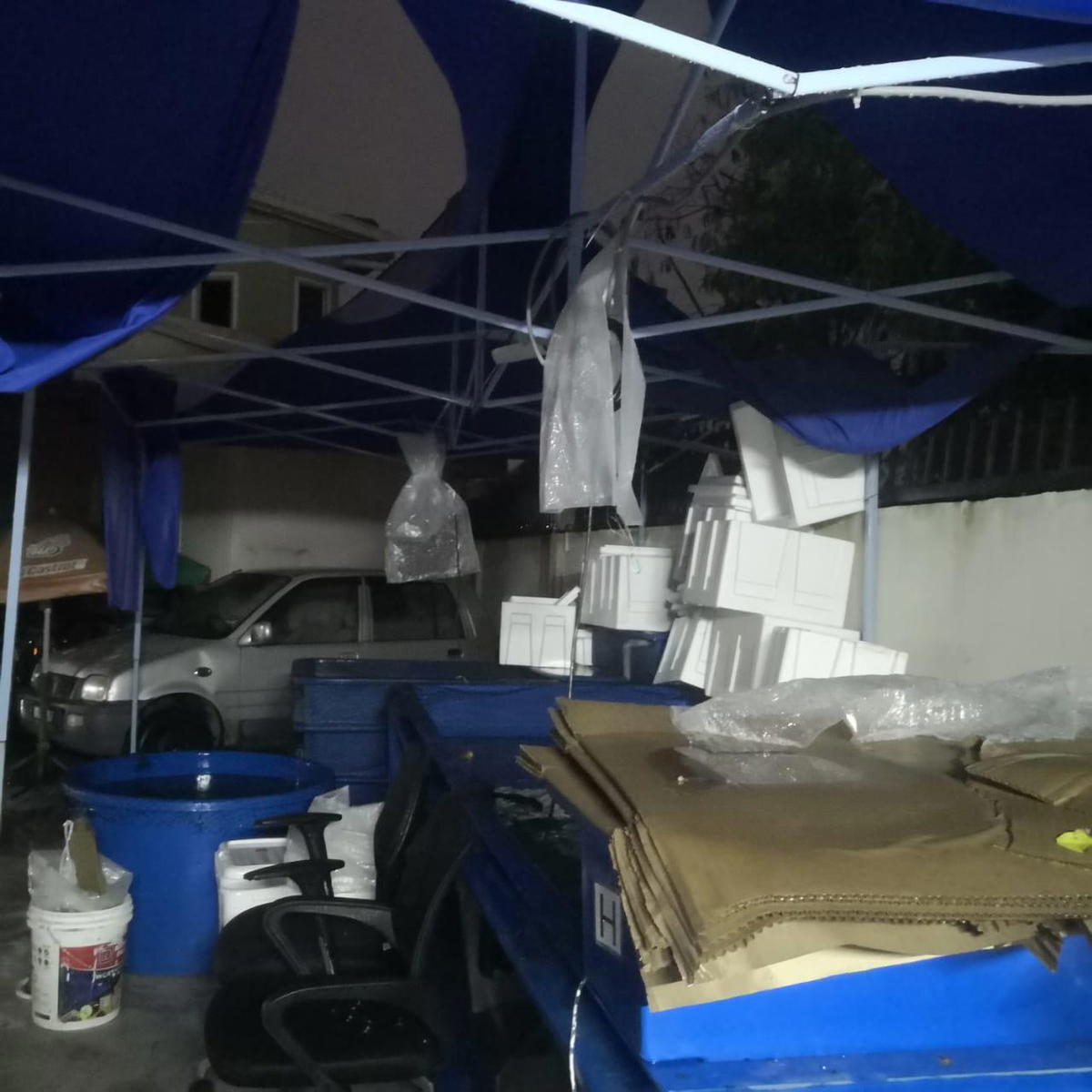
But a turning point came when a friend introduced them to a prime location in Kampung Baru Subang. The catch? They needed significant capital to secure it.
Unable to qualify for loans due to their young age and lack of credit history, Sim and her brother made a bold decision to persuade their parents to use the family home for refinancing to fund their new place.
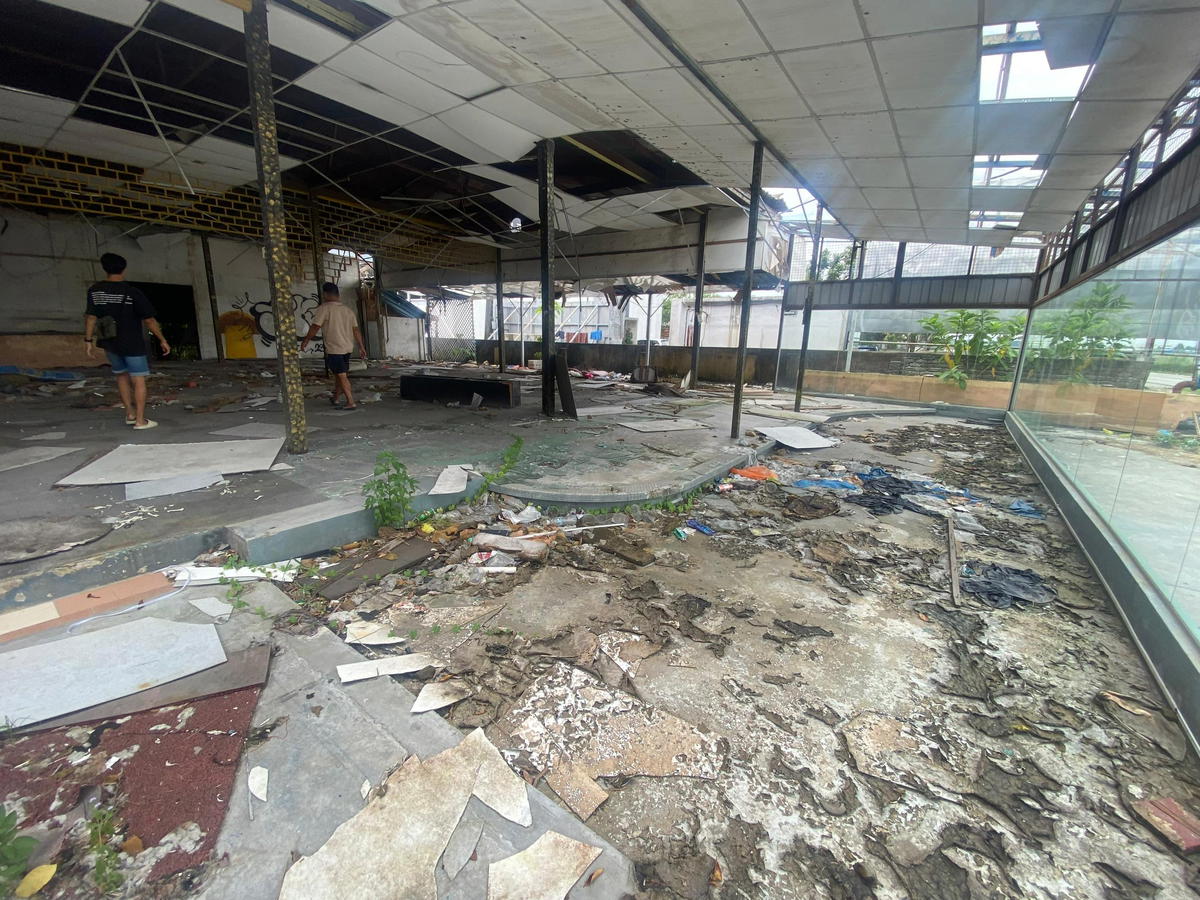
“My parents were hesitant at first and honestly, so was I,” Sim admitted. “But our dedication and hard work moved them to take the leap with us.
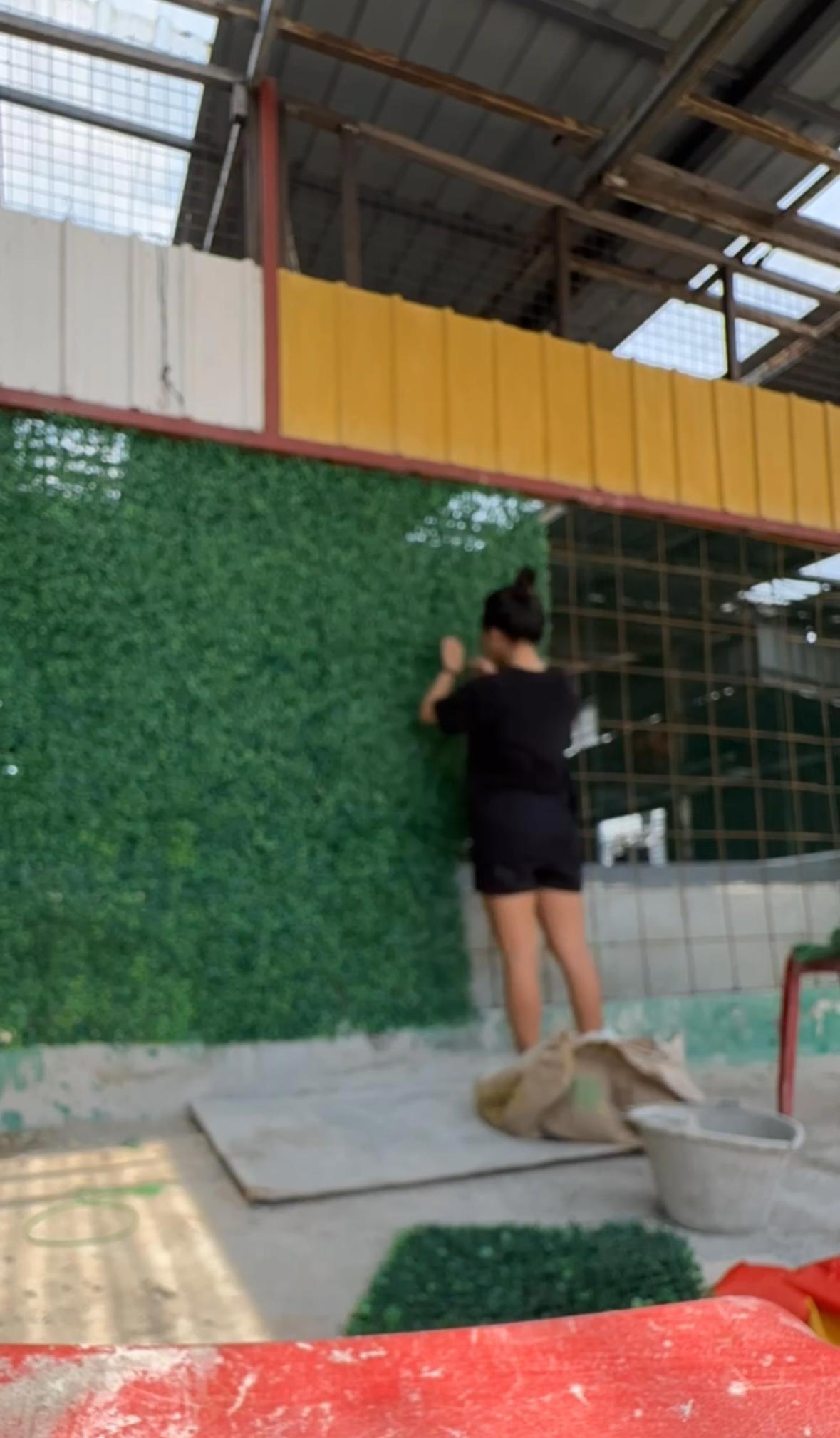
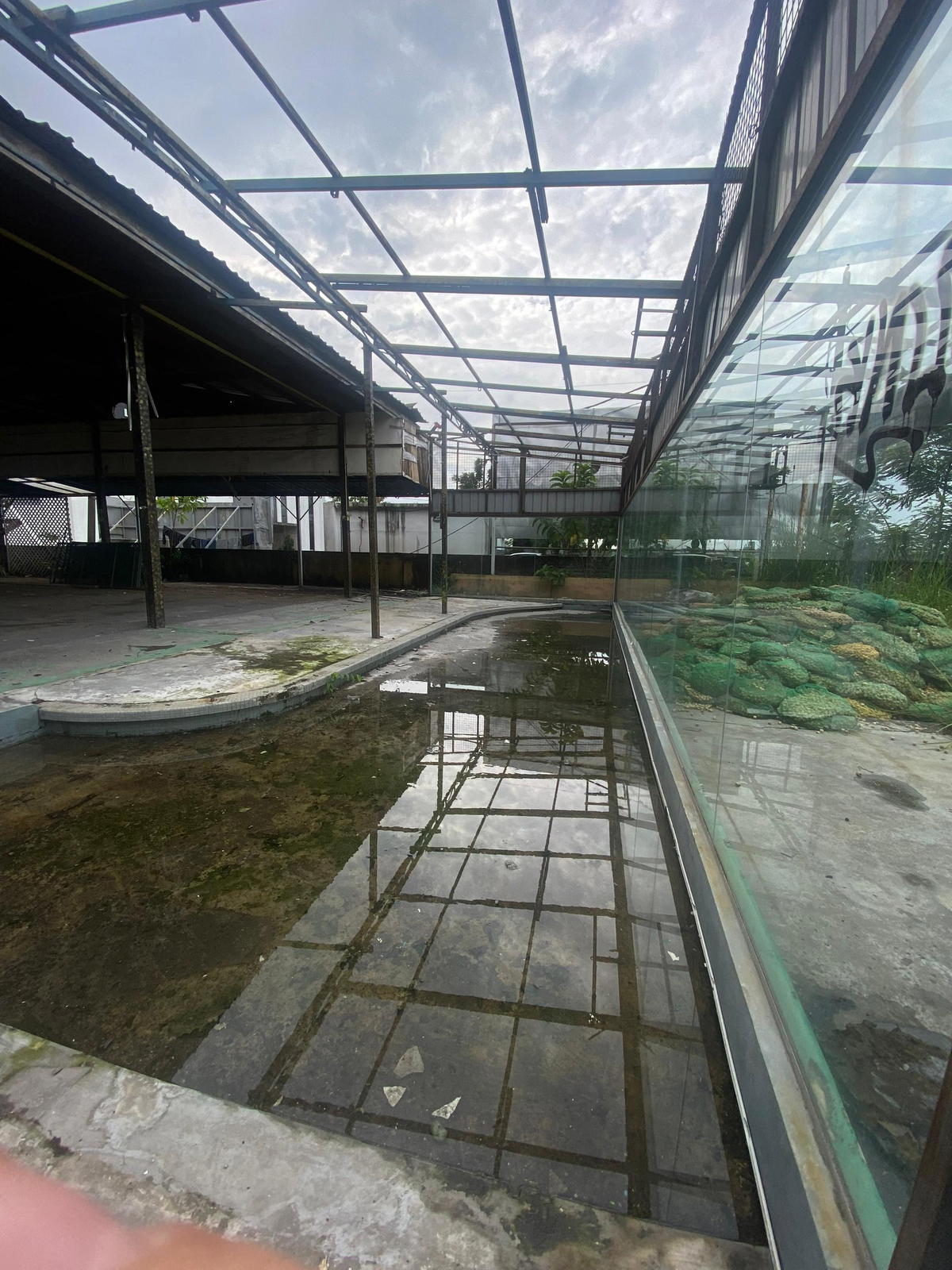
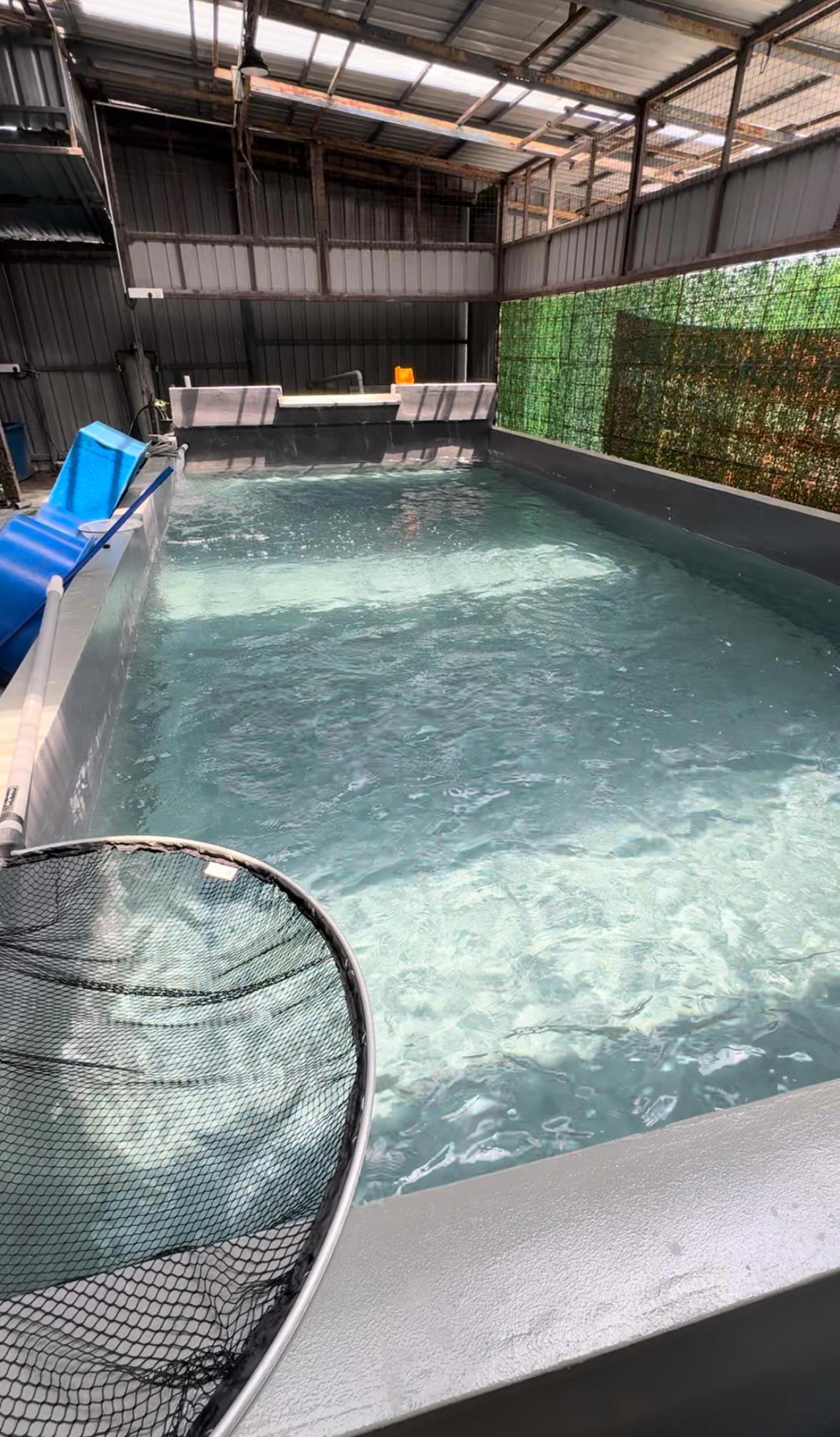
Fortunately, the gamble and all our hard work paid off. We managed to break even within six months and things have been thriving ever since.”
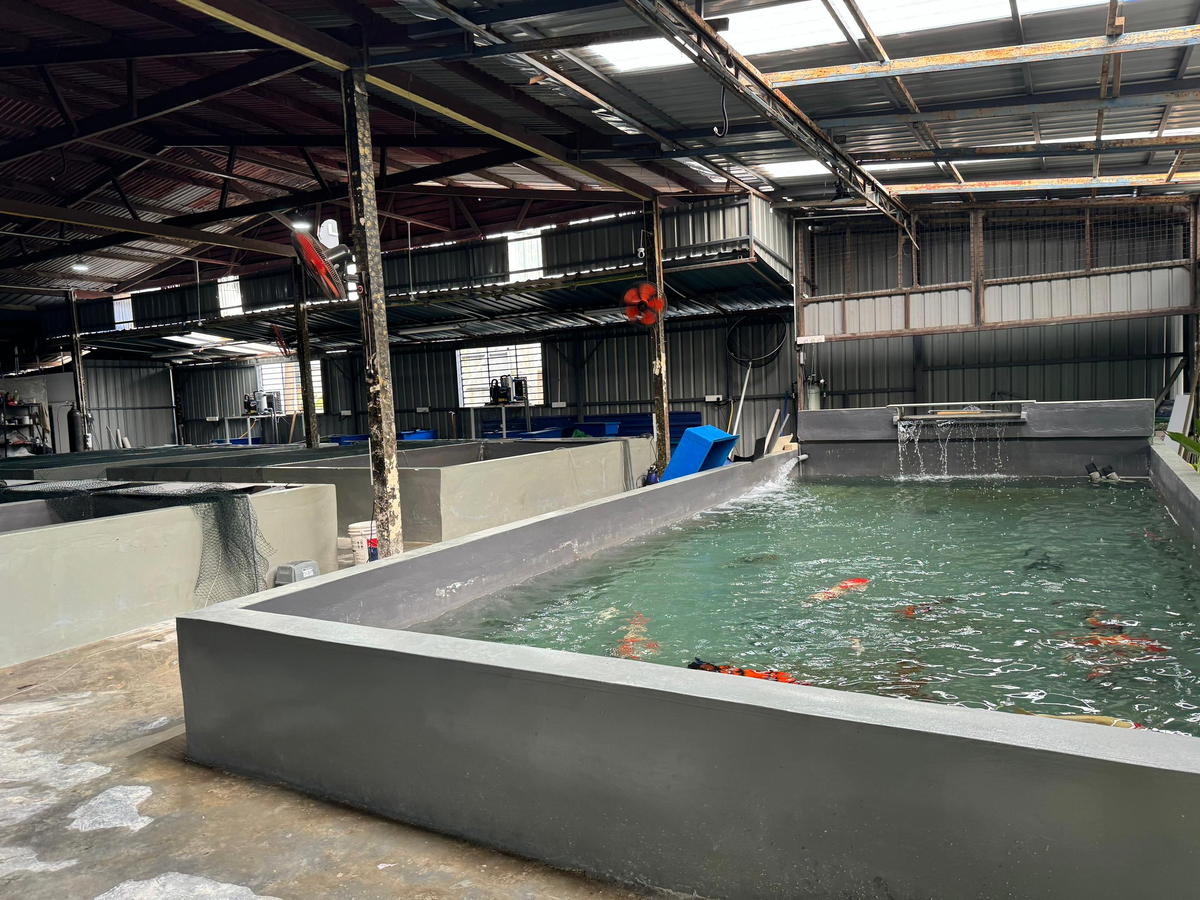
Redefining Koi farming as a lifestyle
Today, the business generates RM2 million in annual sales and offers a range of services, including Japanese koi sales, pond & filter maintenance, koi veterinary care, and even pond rentals & consignments.
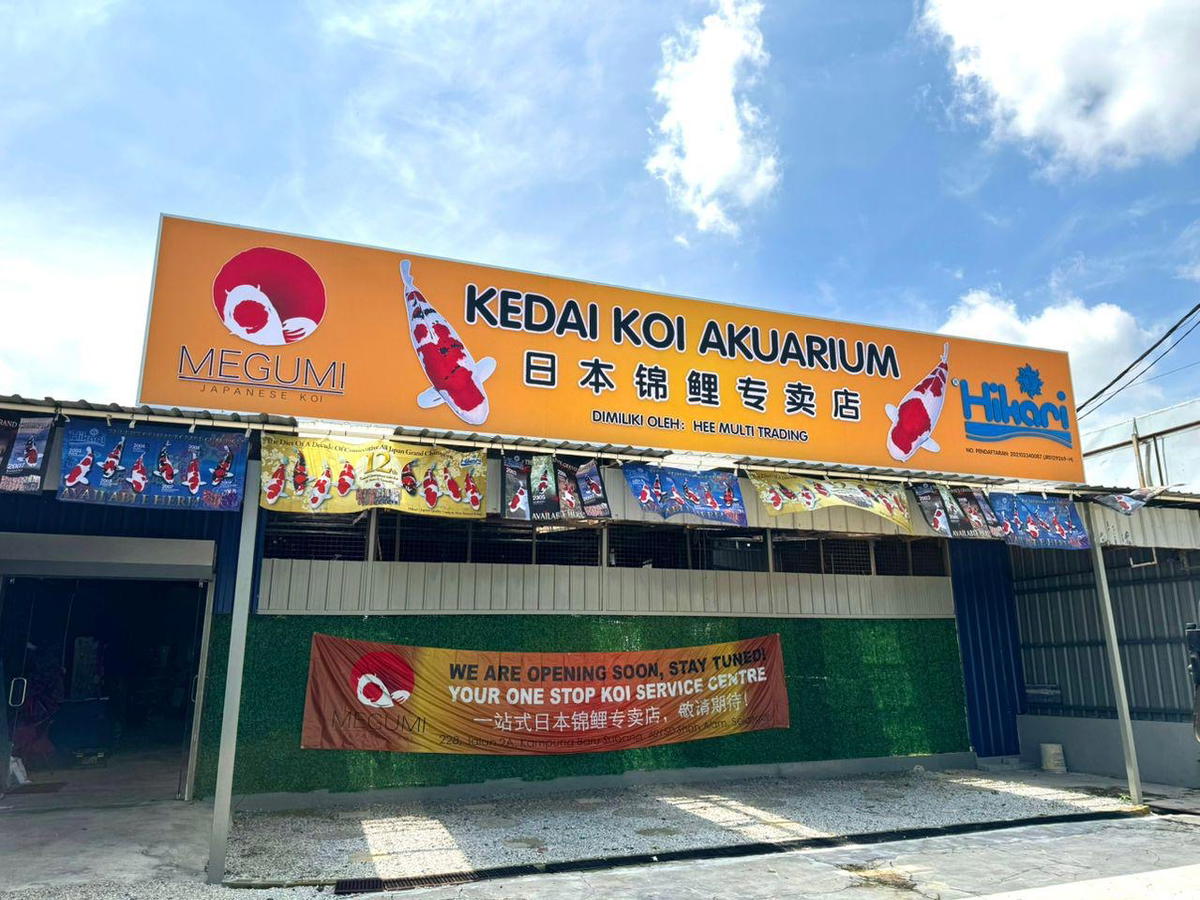
Sim and her brother also travel frequently to Japan to study koi competitions and import high-quality fish.
Every trip taught us something new,” she said. “It’s all about improving what we can offer to our customers.”
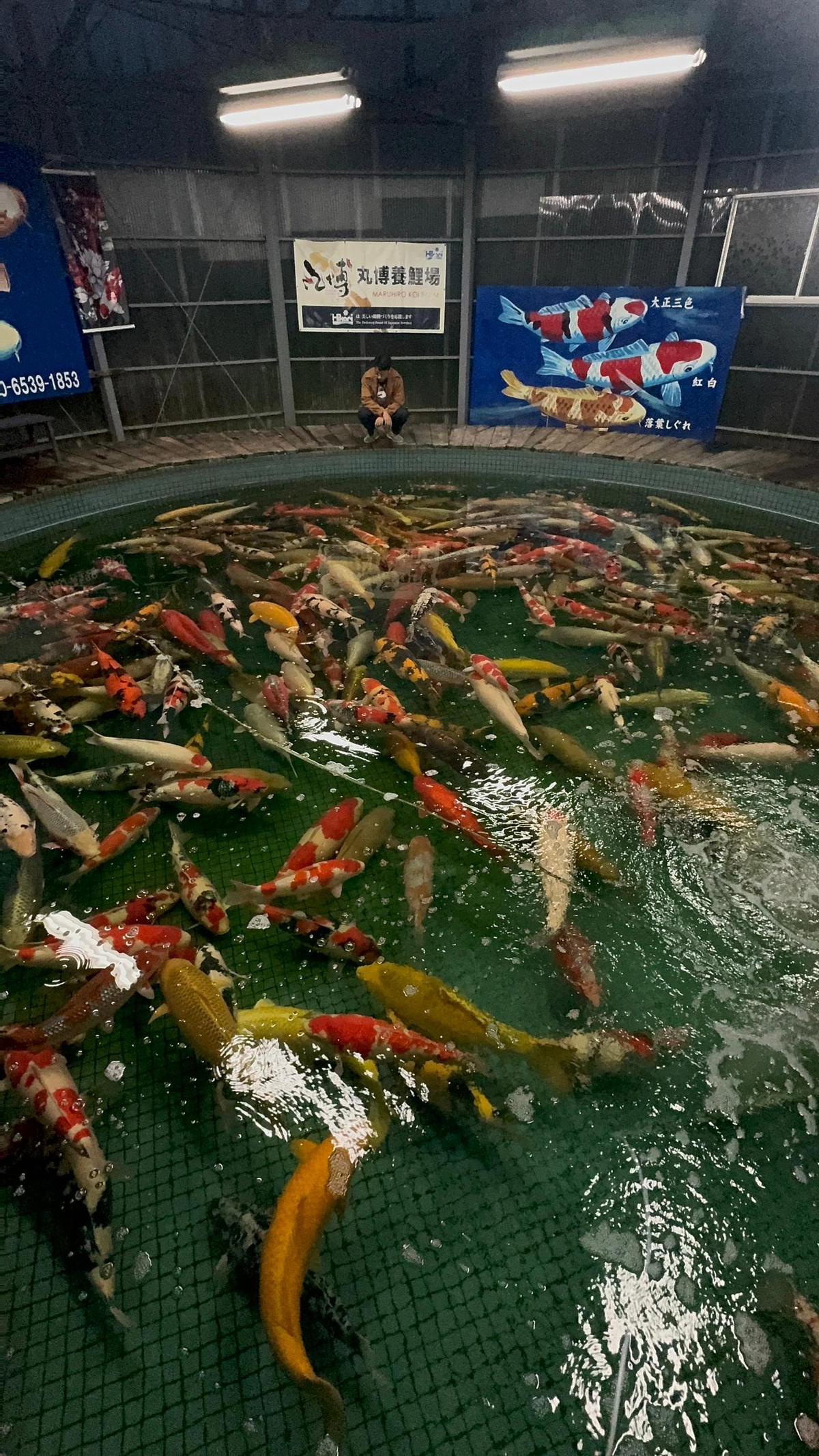
For Sim, koi farming isn’t just about selling fish — it’s about transforming a hobby into a lifestyle. Her tagline, “Not just a hobby, but a lifestyle”, reflects her mission to redefine how Malaysians view koi fish.
The business has also transformed her lifestyle and personality as running a koi business is a journey filled with hurdles.
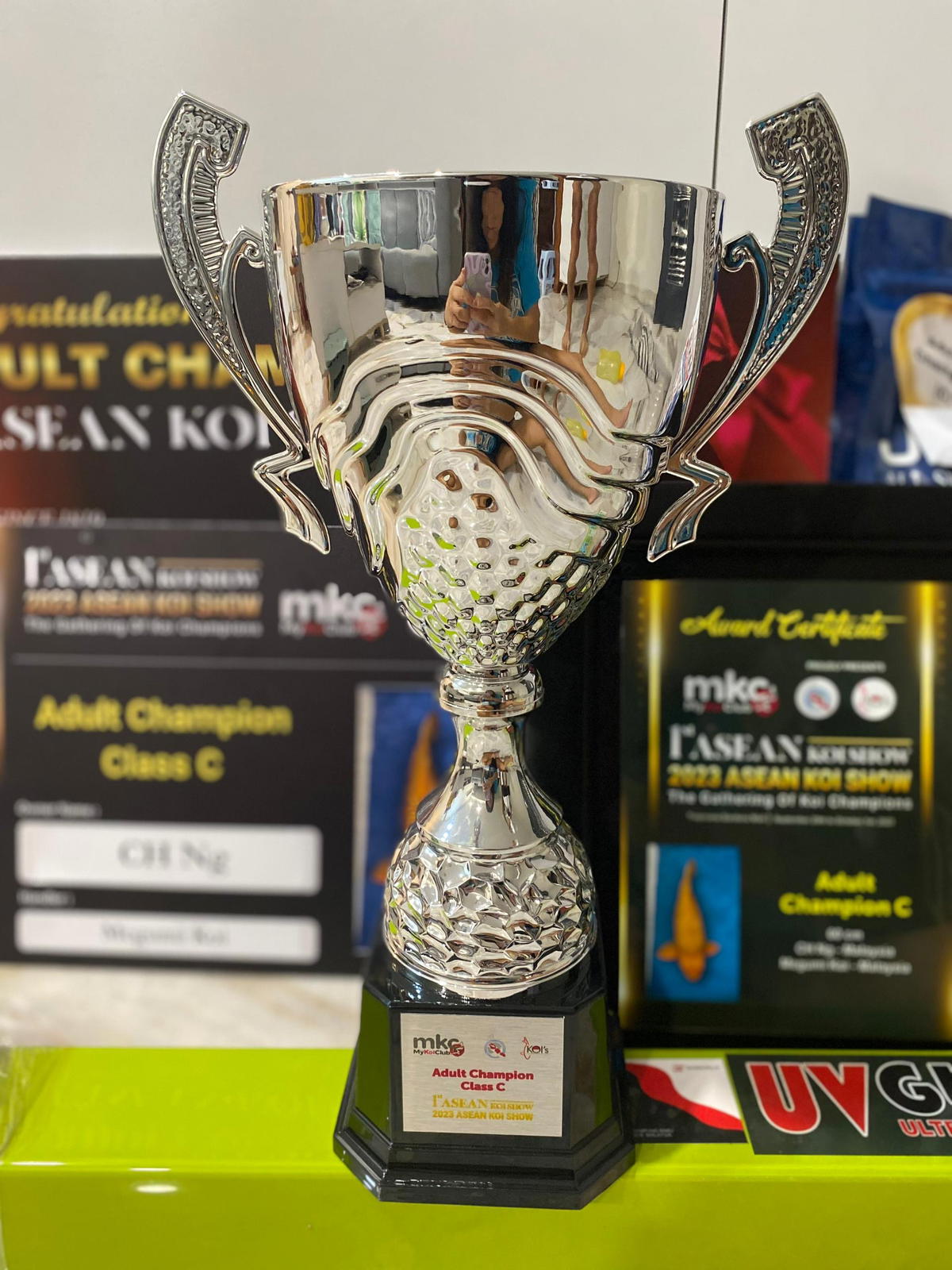
From training employees to meet high customer expectations to creating personalised pond setups, Sim and her brother handle it all. Marketing and customer acquisition also demand significant effort, but the siblings face every challenge together.
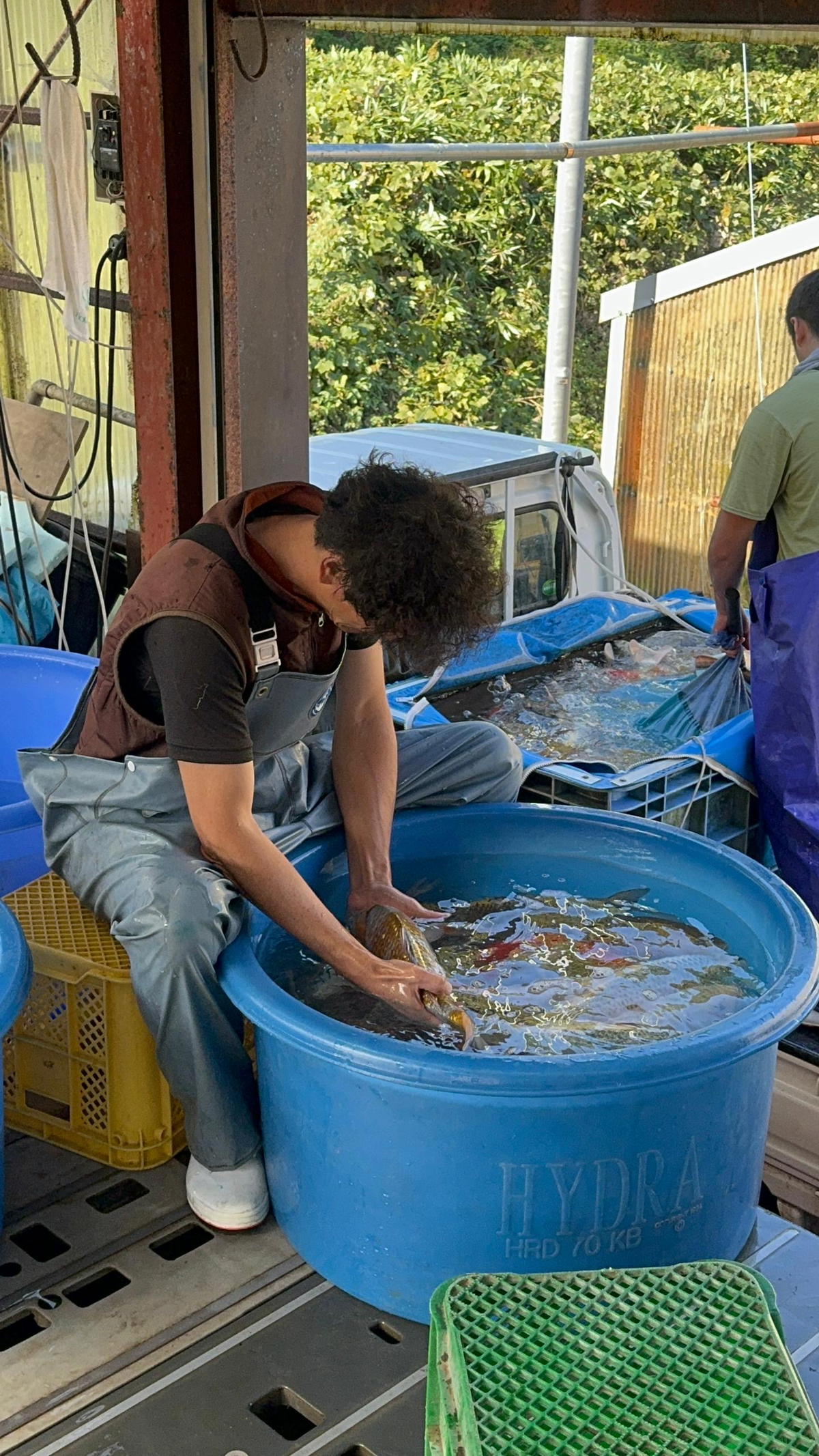
My brother’s calm and logical approach has been a rock through all of this,” Sim said. “We’ve faced so many challenges together, but we’ve always come out stronger. It has also taught me to be solution-oriented and confident.”
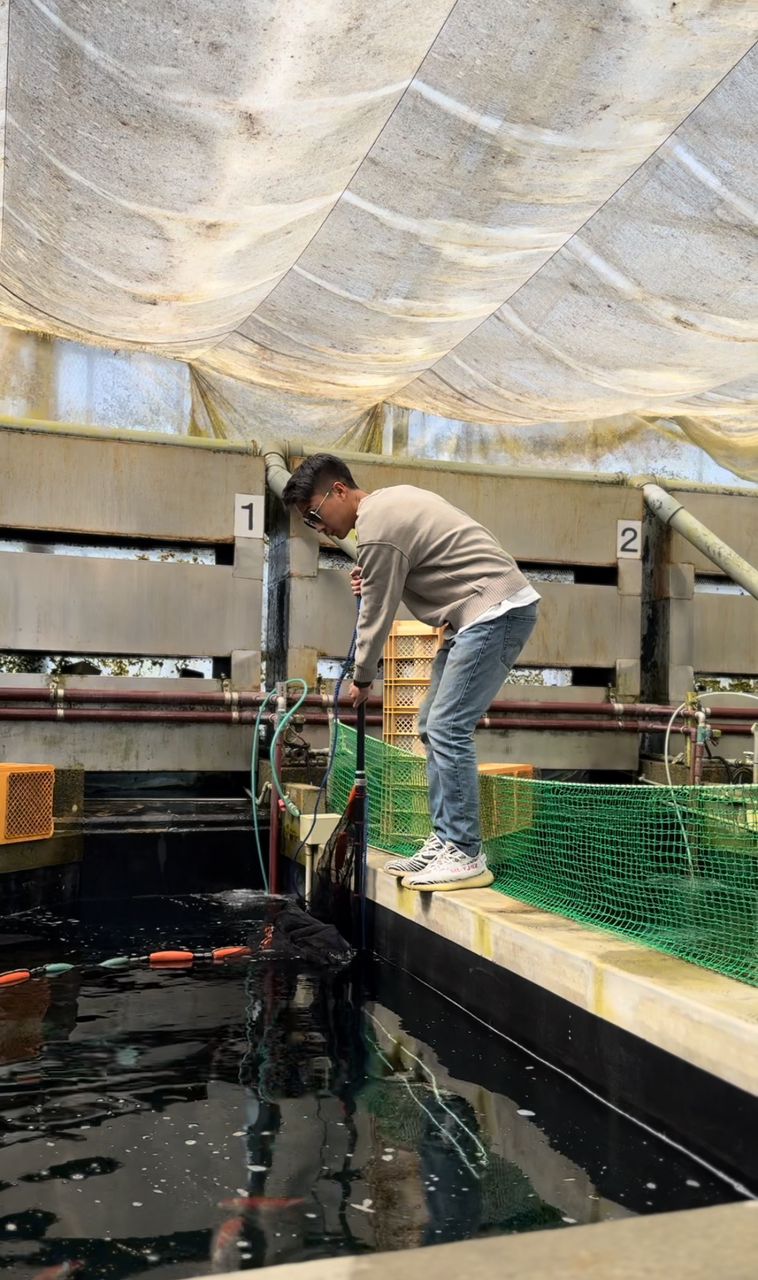
What’s next?
Looking ahead, Sim dreams of taking their brand global by venturing into aquarium fish and building her personal identity as a koi expert.
When people think of koi, we want them to think of us,” she added confidently.
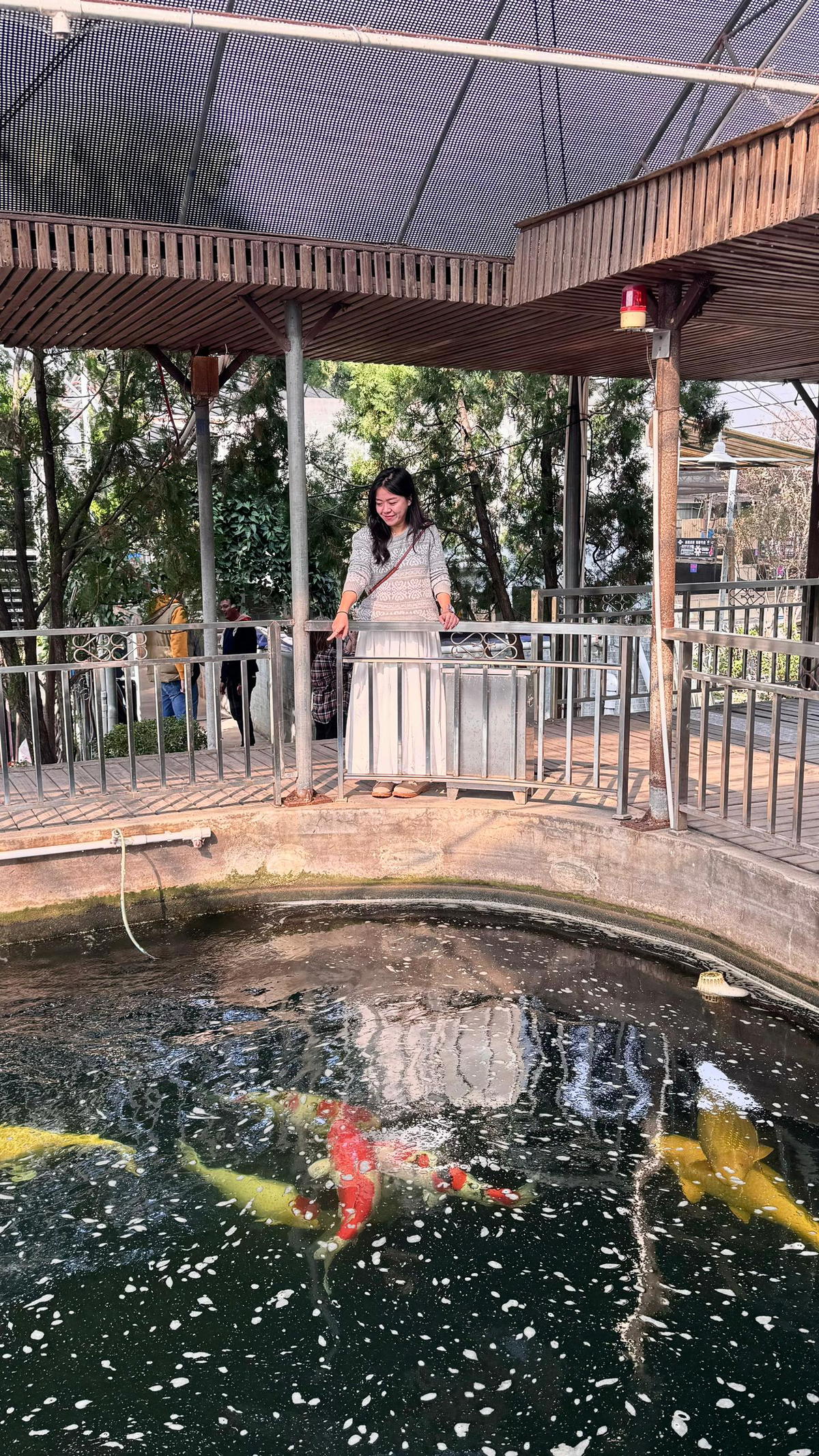
For those considering koi farming, Sim has this advice: “It’s not for the faint-hearted. Unlike other businesses, koi farming is personal.
Each fish has unique characteristics, and caring for them requires patience, knowledge, and passion. It’s not something you can do just for the money.”
Exclusive Story by WeirdKaya – If you wish to reproduce this story, please ensure that you obtain consent from the interviewee to maintain factual accuracy and avoid the potential spread of misleading information.
If referencing or using any information from our story, we kindly ask that proper credit is given, along with a backlink to WeirdKaya, as acknowledgment of the efforts made by our editors in sourcing and conducting interviews.
Read more:


